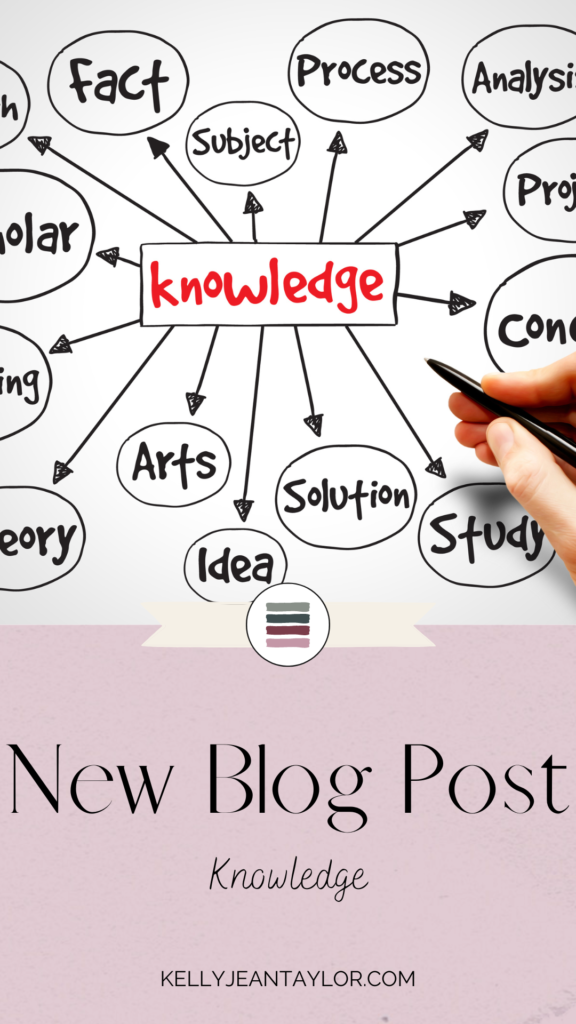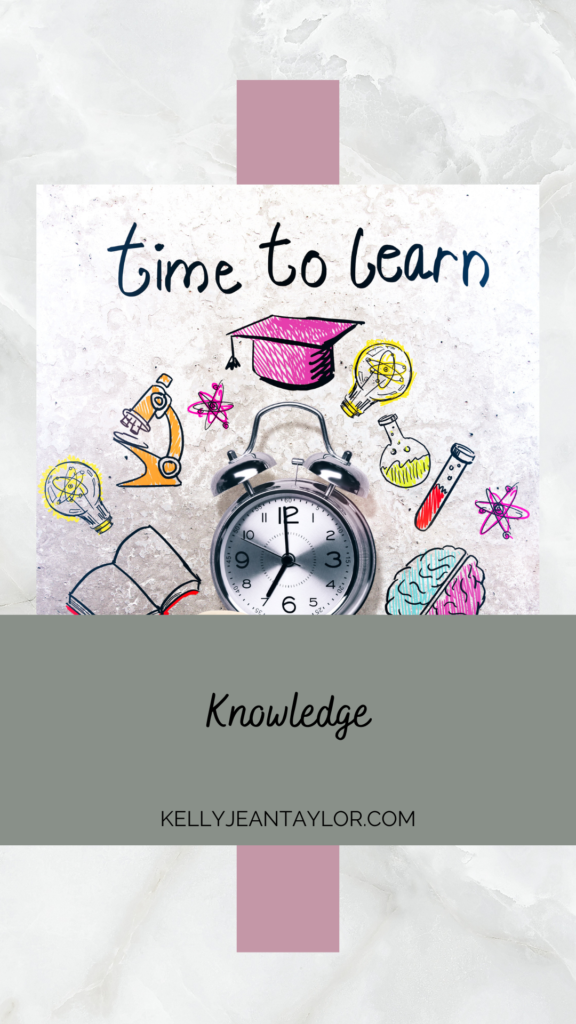
Knowledge
We all know about knowledge, hardly taking the time to think on the word itself as anything significant to our lives. Until you read that right? Well, let’s take a closer look and see what comes to light.
Wiki
- The fact of knowing about something; general understanding or familiarity with a subject, place, situation etc
- Awareness of a particular fact or situation; a state of having been informed or made aware of something
- Intellectual understanding; the state of appreciating truth or information
- Familiarity or understanding of a particular skill, branch of learning etc
- Justified true belief
- The total of what is known; all information and products of learning
Dictinary.com
- acquaintance with facts, truths, or principles, as from study or investigation; general erudition
- familiarity or conversance, as with a particular subject or branch of learning
- acquaintance or familiarity gained by sight, experience, or report
- the factor state of knowing; the perception of factor truth; clear and certain mental apprehension
- awareness,as of a factor circumstance
- creating, involving, using, or disseminating special knowledge or information
Types Of Knowledge

There are thirteen types, when breaking down knowledge into different areas and parts. There’s not time like the present to learn what they are!
- A Posteriori – Knowledge which is based on logic and gained from experiences. It relies on the interpretation of the experience.
- Example: Orbits of planets, black holes, contents of atoms
- A Priori – Knowledge which is known through reason and is independent of experience. They are assumptions that come before arguments, analyses or assessment.
- Example: Logical Thinking, mathematics, physics, and thought experiments.
- Dispersed – This is a condition where information about a subject is divided among different sources.
- Example: They commonly exist in the financial market because of its fast moving nature.
- Domain – Domain knowledge is ability, information and understanding on a specific field, subject, profession, topic or activity.
- Example: Describes the Knowledge of experts in a particular area.
- Empirical – This is knowledge that is obtained from investigation, observation, experimentation or experience.
- Example: The end result of said investigation, observation, experiment or experience.
- Encoded – (Collective Explicit) Conveyed by symbols and signs
- Example: Books, Documents, Manuals, Notes, Etc.
- Explicit – (Expressive) It can be easily expressed, organized and verbalized.
- Examples: Documents, encyclopedia, how-to videos, or procedures.
More Knowledge Types
- Known Unknowns – Knowledge that you know, but you don’t know yet. You know of it, but not the details, which gives you the opportunity to research and learn more about.
- Example: Anything you know of, but haven’t taken the time to learn about.
- Meta knowledge – Knowledge about knowledge.
- Examples: Planning, modeling, learning, tagging, bibliography, epistemology, philosophy of knowledge, knowledge management
- Procedural – Being aware of how to do something.
- Example: You only know what you’ve already specifically learned.
- Propositional – (Descriptive, Decorative, Constative) Can be represented in a natural or formal language
- Example: Mathematics or propositional logic
- Situated – Comes from viewpoint.
- Example: Can be used to give an explanation of the difficulty of analyzing history or culture being an outsider.
- Tacit – This is knowledge we possess. It is gained by personal experience as well as context.
- Example: emotional intelligence, feelings, body language, leadership, innovation, etc.
What is Knowledge and Why do we Need it
As mentioned above Knowledge is the general understanding or familiarity with a subject, place, situation, and others. Why do we need it? Well, this may seem like a ‘duh’ sort of question, but let’s see what we can find out.

So, why do we need knowledge? Knowledge is an important part of our lives. It’s what we learn on a daily basis to better our lives, our minds and our hearts. It also brings us together in social circles to discuss and connect on the what we know or have learned.
What about ourselves? Knowledge gives you the perspective to discover our own strengths, weaknesses, fears, likes, dislikes and much more. Learning and discovering new information allows us to use what we learned from the past. Use it to help us in the present and move toward the future. It allows us better understanding of the world around us and can help us avoid making the wrong decisions. What you currently know can help steer your ability to ask questions when you’re exploring new things.
Benefits of Knowledge

Of course knowledge is a benefit to us, but how?
- Once learned, no one can take that knowledge from you
- Your knowledge gains you the ability to connect with others on topics of interest
- Learn from those who came before you – with experience comes knowledge
- The ability to share the knowledge you’ve gained, inspire others, move them, encourage them.
- Knowing what you do. You can think more clearly when identifying problems and discovering solutions.
- You are able to apply your knowledge within your life and every day problems.
Knowledge in Writing
Authors require the use knowledge on a daily basis. They need to know foundational elements. To be able to use them within their writing.
Familiarity of Characters– You’ll need to know the basics of how people act and behave in order to expand on the things of fantasy, magic, and imagination.
Familiarity of Settings – You’ll need to know the basics of how cities are run, deciding on layouts and what to include in countrysides. This helps to expand to the fictional world. The good thing is, authors don’t tend to have to think about this. Since we live and experience the real world, it naturally bleed through to the fictional.
The writing process as a whole requires further information, this means editing, production, publishing and connecting with your readers. As an author, we must learn and have knowledge of reworking, fixing, adding too and subtracting from our manuscripts. This creates the story our readers deserve.

Not to mention, knowing publishing rules, production requirements as well as talking, interacting, and generally providing fun, games and awesome stories to captivate readers.
The internet is a great place to find information on topics you need more information on. Google, YouTube, Searches are all beneficial to an author who is in need of further information for a story. The more you learn, the more you’ll be able to produce. As authors, we could always be fueling our imaginations with a steady, feeding supply of new ideas and concepts. Educate your mind, feed it and you’ll find it delivering new ideas, details and more. Not to mention giving your writing a better sense of realism for your readers.
Final Thoughts
Though you many not think about the knowledge you’ve gained throughout the years, you use it daily. It’s an important part of who you are as a person and how you’ve grown. Keep learning, digging and discovering the answers to questions. Gain new perspectives and new information. You’ll be glad you did.






